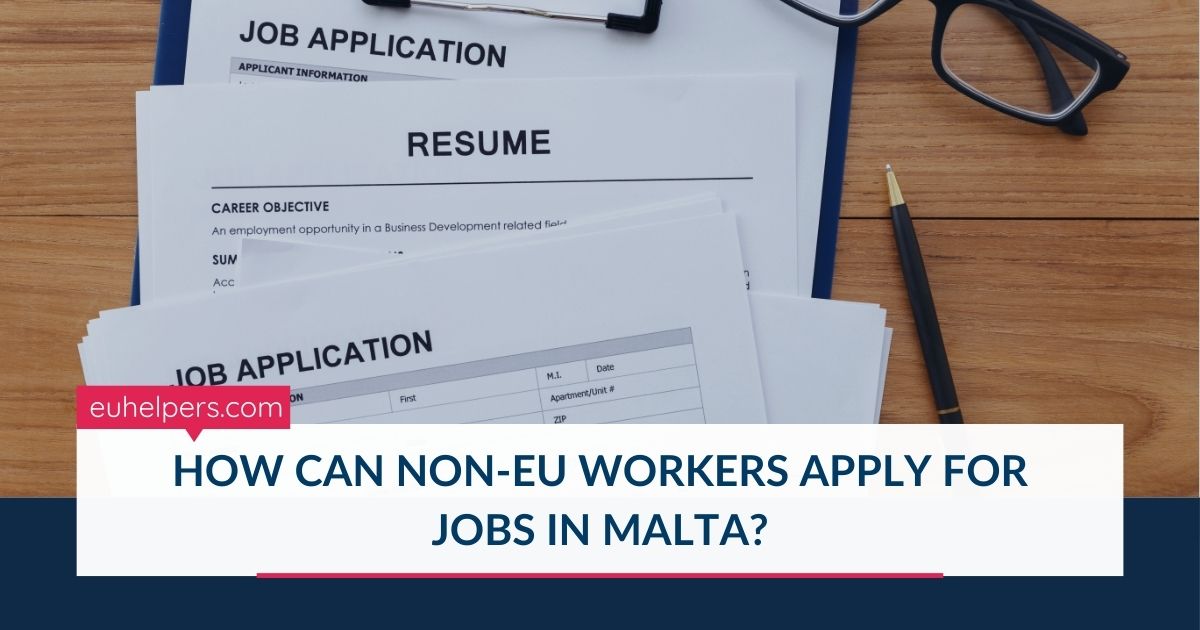Malta has become a popular destination for professionals seeking work in Europe, thanks to its growing economy, English-speaking environment, and Mediterranean lifestyle. While EU citizens enjoy easier access, non-EU workers can also find opportunities in Malta by following the proper legal and administrative procedures. Here’s a step-by-step guide.
Step 1: Understand Eligibility Requirements
Non-EU citizens must have the legal right to work in Malta. This usually involves:
-
Securing a job offer from a Maltese employer.
-
Obtaining a Single Permit (residence and work permit combined) before starting work.
-
Meeting the necessary qualifications and experience required for the role.
Step 2: Explore Job Opportunities
Popular sectors for non-EU workers in Malta include:
-
Information Technology (IT): Software development, web design, and cybersecurity.
-
Gaming & iGaming: Malta is a hub for online gaming companies.
-
Hospitality & Tourism: Hotels, restaurants, and travel services.
-
Finance & Banking: Accounting, auditing, and financial analysis.
-
Healthcare & Education: Nurses, teachers, and language instructors.
Job portals, LinkedIn, and recruitment agencies are excellent resources for finding openings. Networking within expat communities in Malta can also help.
Step 3: Secure a Job Offer
-
Most work permits require a signed employment contract from a Maltese employer.
-
Employers typically submit an application to the Identity Malta Agency for your work authorization.
Step 4: Apply for a Single Permit
-
The Single Permit allows non-EU citizens to live and work legally in Malta.
-
Documents required include: passport, employment contract, CV, proof of qualifications, and a police conduct certificate.
-
Processing usually takes 4–6 weeks, so plan ahead.
Step 5: Residence Registration
Once the permit is approved:
-
Register your residence with Identity Malta within a week of arrival.
-
Obtain a Maltese ID card and tax identification number.
-
Open a local bank account and arrange health insurance.
Step 6: Arrive and Start Working
-
Once all permits and registrations are complete, you can legally start your employment in Malta.
-
Employers often assist with relocation and settling in, especially for highly skilled workers.
Non-EU workers can successfully work in Malta by following the correct legal steps: securing a job offer, obtaining a Single Permit, and registering their residence. With opportunities in IT, gaming, finance, tourism, and healthcare, Malta provides a welcoming environment for skilled professionals seeking a career in Europe.

